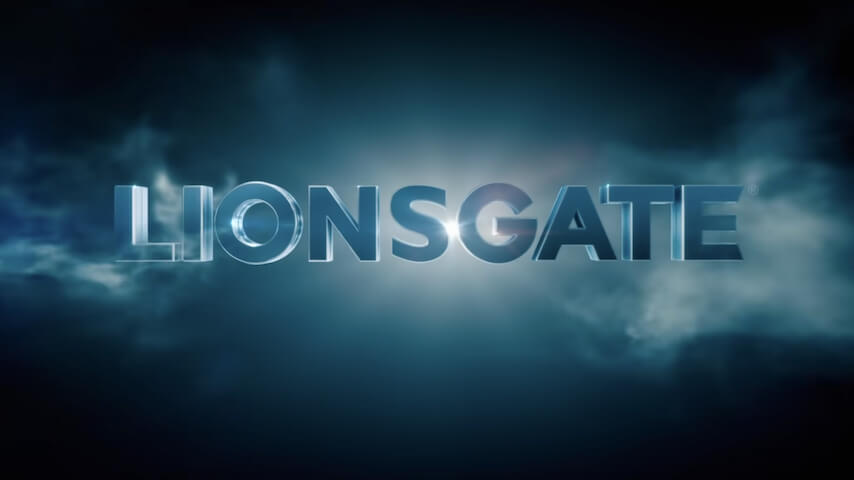Lionsgate clearly seeking to alienate Hollywood creatives with A.I. partnership
Artificial Intelligence research firm Runway will create a new A.I. model "customized on Lionsgate’s proprietary catalog"
Screenshot: Lionsgate/YouTube
So this is pretty gross: Lionsgate, the film and television studio behind franchises like John Wick, and The Hunger Games, films like The Fabelmans and La La Land, and shows like Yellowjackets, Mad Men, Weeds, and more, has entered into a “first-of-its-kind” partnership with artificial intelligence research firm Runway. The partnership is “centered around the creation and training of a new AI model, customized on Lionsgate’s proprietary catalog.”
What does that mean, exactly? Well, your guess is as good as any; there aren’t many details about what, specifically, the model will do. The press release emphasizes no less than three times that this partnership is meant to “augment” the work of filmmakers and creatives. Runway says the model will generate “cinematic video that can be further iterated using Runway’s suite of controllable tools.” And as we all know, there’s nothing creatives love more than augmenting their work through further iteration. Augmenting through iteration is the wellspring from which all great films are born!
Lionsgate Vice Chair Michael Burns claims that “Several of our filmmakers are already excited about its potential applications to their pre-production and post-production process,” which may be true. Some notable industry figures, like Harmony Korine, have expressed willingness to engage with A.I. as a “tool” (“It’s another paintbrush. It’s another color,” Korine said last year). Andy Serkis is rumored to be using it in some capacity on his upcoming Lord Of The Rings project. They’re not the only Hollywood folks curious or even excited about what A.I. can do, and reasonably so! A.I. exists and researchers will continue to develop new uses for it, so surely it will be integrated into all of our lives in some way in the future.
But for the most part, generative A.I. specifically has been received with a healthy amount of skepticism, mostly because it sucks. For one thing, A.I. tools are reportedly making a huge negative impact on the environment. For another, the content it creates isn’t any good. When it comes to information, generative A.I. tends to produce inaccurate garbage. (See: the Francis Ford Coppola Fiasco.) When it comes to visual work, even if generative A.I. produces something that looks “real” (i.e., no extra fingers or creepy melting faces), it can’t produce anything close to “art.” No matter how far A.I. evolves, it can never experience the fear of mortality, as Cate Blanchett put it, nor can it transcend, as Nick Cave put it, nor can it feel love or pain or passion or any of the emotion that makes art real.
What it can do—the only thing it can do so far—is cannibalize past work and regurgitate pale imitations, which is presumably what it will do to Lionsgate’s back catalog. We would also assume that the artists whose blood, sweat, and tears went into that back catalog have no say over their work being fed to Runway’s generative A.I. model. Lionsgate may have the legal claim to use that work however it wants, but that doesn’t make it right or good. In fact, the fear of such a thing happening was a huge motivating factor in last year’s writers and actors strikes, so this is sure to set a lot of alarm bells off around Hollywood. “Over a year ago, I told you that I assumed the studios were NOT sending lawyers to the #AI companies over their models injesting [sic] their copyrighted films, because they wanted their own custom versions. Well, here you go,” Justine Bateman, one of the loudest anti-A.I. voices in the industry, reacted to the Lionsgate news on Twitter/X.
Lionsgate has partnered with Runway. I wonder how the directors and actors of their films feel about having their work fed into the AI to make a proprietary model. As an artist on The Hunger Games? I’m pissed. This is the first step in trying to replace artists and filmmakers. https://t.co/IWw8mKgt0E pic.twitter.com/EeVC4TeRHV
